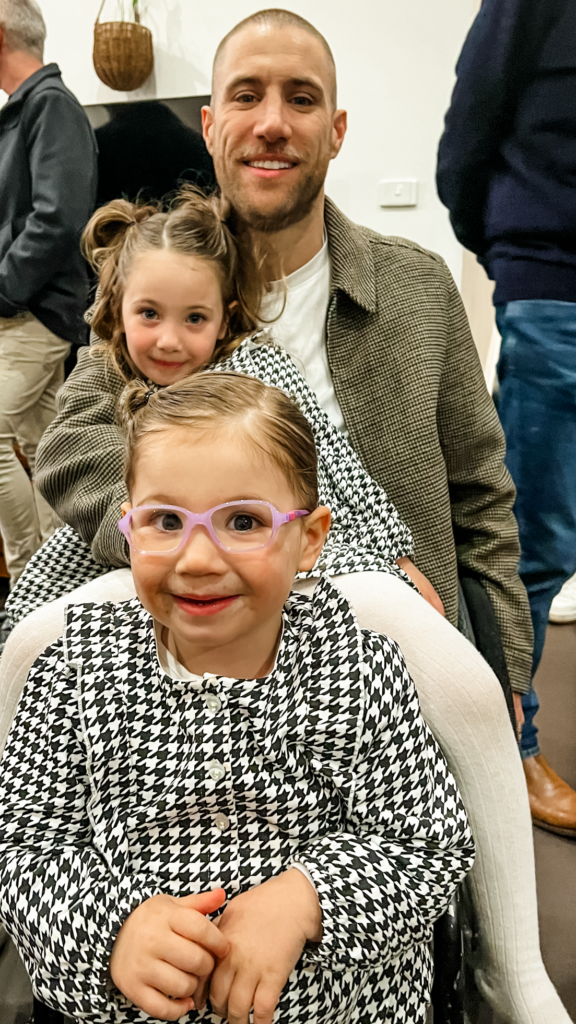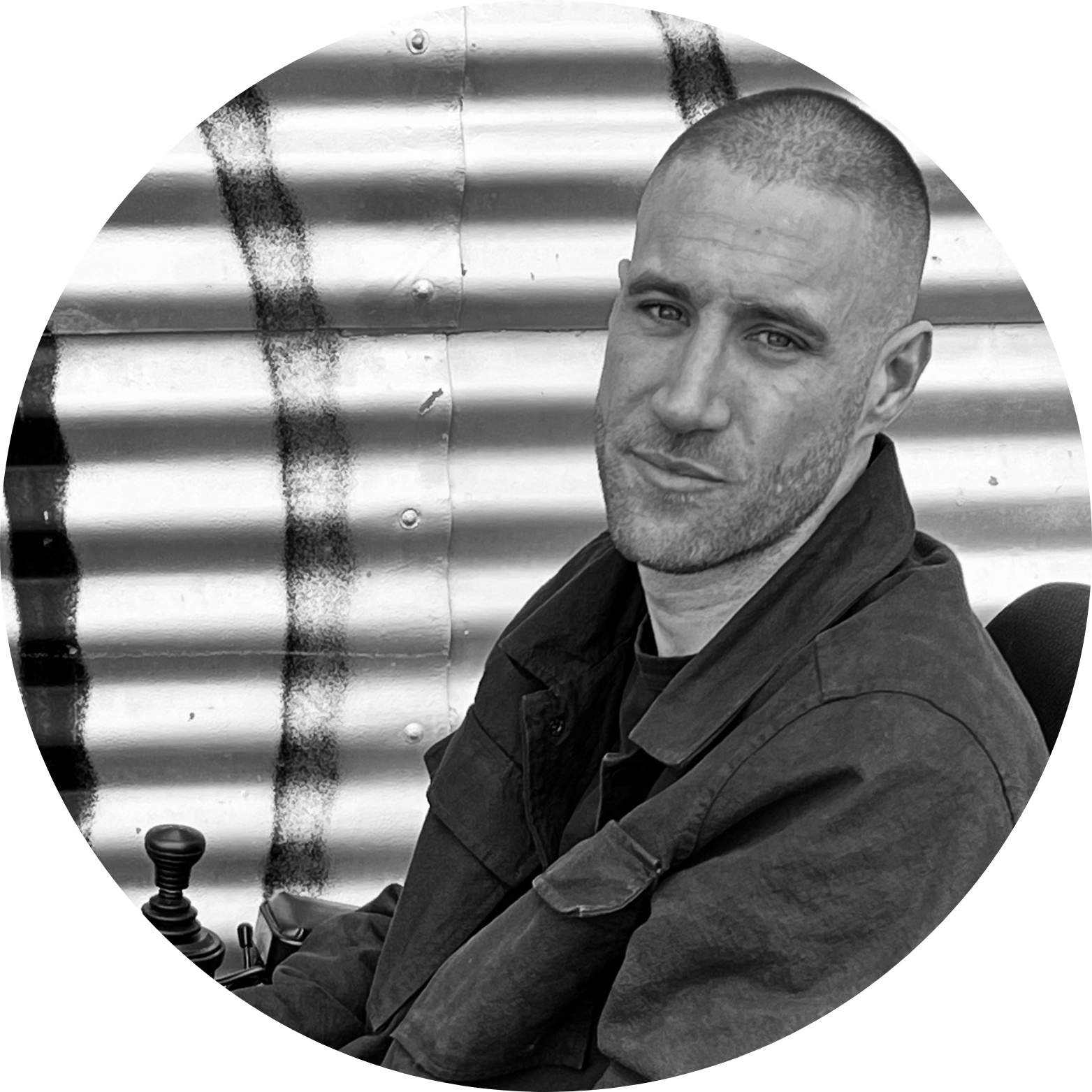Experiencing a spinal cord injury (SCI) is a life-altering event that affects not only physical abilities but also psychological well-being. Having lived through this myself, I can attest to the profound impact it has on one’s mental health, encompassing adjustment issues, emotional challenges, and the critical need for mental health support. However, my recovery journey would not have been possible without the unwavering support of my family, friends, and the wider community, as well as the resilience, discipline, and commitment I learned from my short Army career. I am where I am today thanks to all those incredible people around me. As I approach the 10 year anniversary of my injury, I reflect on the rollercoaster ride of a new life with an SCI.
The initial phase following my injury was marked by a whirlwind of emotions and adjustment difficulties. Early days and months I was convinced I would wake up and be able to move my legs again. (Spoiler, it still hasn’t happened). The tragic realization of my new permanent physical limitations was overwhelming. Simple tasks I once took for granted suddenly became insurmountable challenges like scratching my nose or feeding myself. This period was not just about adjusting to a new physical reality but also grappling with a significant loss of independence and identity.
An identity that took years to re-discover. A level of independence to where there’s very little I cannot do or work towards achieving.
Statistics show that there are approximately 300-400 new cases of spinal cord injury each year in Australia. From what I have witnessed, the adjustment period can vary greatly among individuals, but it is universally seen as a time of intense emotional turmoil. When an injury such as this occurs, the ripple effect is significant. The Australian Institute of Health and Welfare (AIHW) highlights that the first year post-injury is particularly critical, with many experiencing a steep learning curve as they adapt to their new circumstances. Learning about temperature regulation seemed to be my biggest challenge. Understanding what ‘cold’ actually felt like, identifying the signs early, perhaps if I was overheating, how to cope and recover. It was a time of some harsh and dangerous lessons learned.

During this time, the support from my family and friends was invaluable, they kept me on task & sanity in check. They were there to help me navigate daily challenges, offering both practical assistance and emotional comfort. Their presence provided a sense of stability and hope, reminding me that I was not alone in this journey. I now feel such sympathy & heartache for my parents, constantly asking them emotionally loaded questions or throwing statements with no logical response. “Why me?” & “I don’t want to be here”. Although there were no answers given, they were there to listen, allowing my pain to be heard. Something beautiful and so true to my Dad’s character, he would always tell me “We will get through this together, Son”. At the time, I would think to myself “How the hell are we going to get through this? How will my life be anything but shit if I’m in a wheelchair!”
The emotional challenges following an SCI are profound. For me, the most significant hurdles were depression and anxiety. According to the AIHW, approximately 20-30% of people with SCI experience significant clinical depression. Furthermore, the prevalence of anxiety disorders among individuals with SCI is substantially higher compared to the general population. I went years coping with what I thought to be normal thoughts, behaviours and emotions before I sought the help needed. My depression manifested in feelings of persistent sadness, and a lack of interest in activities I once enjoyed. The anxiety was characterized by constant worry about leaving the house, fear of public/open spaces, what my life would turn out to be, and the stress of navigating a world that is not always accommodating a quadriplegic. These symptoms will occasionally re appear however I am much better equipped thanks to my therapy to live with them, as opposed to suffering from them. Amidst the emotional struggles, my family’s, and friends’ unwavering support was and always will be a beacon of light.
Drawing on my Army experience has been an instrumental element in my recovery. The resilience, discipline, and commitment to a task that I developed during my time in the military provided me with a solid foundation for facing the challenges of life with a spinal cord injury.
In the Army, I learned the importance of maintaining physical health through constant exercise and optimum nutrition. Discipline has been a cornerstone of my recovery. Discipline from an exercise perspective, nutrition, hydration and mental health support perspective. Despite my injury, I have continued to prioritize physical fitness, adapting my exercise routines to accommodate my new abilities. I independently or with an exercise physiologist in regular strength training and cardiovascular exercises like swimming (very poorly), utilising a ski erg or battle ropes & boxing. Ensuring that I maintain my physical health to the best of my abilities, for example, has removed the need for hoists in my bedroom, stronger transfers from chair to alternate surfaces, and an ability to hold my children safely. Nutrition has also been a key focus, with a diet tailored to support my overall well-being & lifestyle, combatting the potential complications of incontinence.
Living with a spinal cord injury has undeniably taught me how resilient we can become. While my journey has been fraught with challenges & adversity, it has also been a path of self-discovery and immense growth. Growth I never knew I was capable of. The kind of growth to now know what my Dad meant when he said “We’d get through it together”. The growth in relationships I held with my now wife’s family, I am eternally grateful for those people & they know who they are. Without my injury I don’t have those truly beautiful relationships, my daughters, Esmé & Luna.
The challenges of spinal cord injury are multi faceted, unique in every case. The importance of a support network, formal or informal, must be highlighted and prioritised. Seeking help or asking for it in any context is a sign of strength and there is a community out there ready to support you along this journey.
